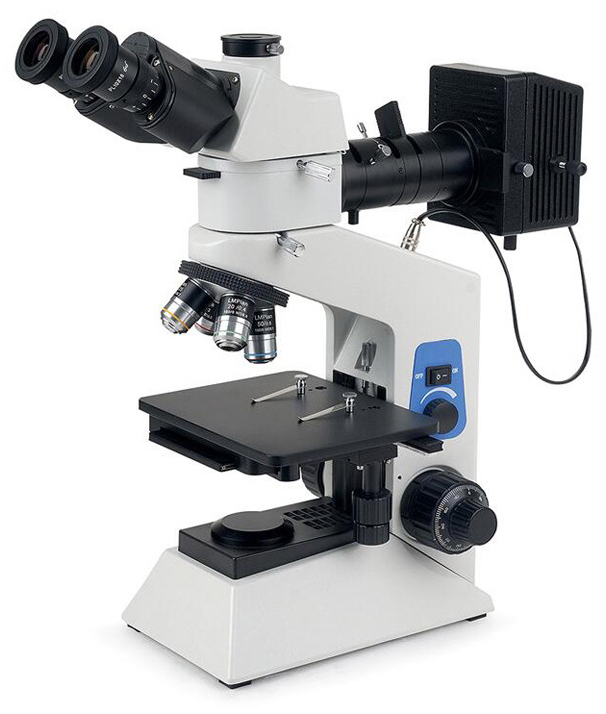
Metallographic microscopes are essential tools in materials science, metallurgy, and quality control. Proper daily maintenance can significantly extend their lifespan and ensure accurate and reliable performance. Here are 10 key steps to help you maintain your metallographic microscope effectively.
The working environment of the metallographic microscope should be clean and dust - free. Dust can accumulate on the lenses and other optical components, affecting the image quality. Regularly clean the workbench and the surrounding area to minimize dust intrusion.
When moving or using the microscope, handle it gently to avoid mechanical damage. Rough handling can cause misalignment of the optical components, which may lead to inaccurate imaging. Always hold the microscope by its designated handles and avoid applying excessive force.
The lenses are the most critical parts of the microscope. Use a clean, soft brush or compressed air to remove dust particles from the lenses. For more stubborn dirt, use a lens cleaning solution and a lint - free cloth. Gently wipe the lenses in a circular motion to avoid scratching them.
The illumination system provides the light necessary for observation. Regularly check the bulbs and ensure they are working properly. Adjust the intensity and angle of the light to obtain the best imaging conditions. Incorrect illumination can lead to poor - quality images.
Some parts of the microscope, such as the focus adjustment knobs and stage movement mechanisms, are moving parts. Lubricate these parts periodically according to the manufacturer's instructions. This helps to ensure smooth operation and reduces wear and tear.
Moisture can cause corrosion and damage to the metal parts and optical components of the microscope. Keep the microscope in a dry environment and use a desiccant if necessary. If the microscope has been exposed to high - humidity conditions, allow it to dry thoroughly before use.
When not in use, store the microscope in a protective case. This protects it from dust, physical damage, and accidental impacts. Make sure the case is clean and dry before storing the microscope.
Calibration ensures the accuracy of the microscope's measurements. Follow the manufacturer's calibration procedures regularly to maintain the precision of the instrument. This is especially important for applications that require high - accuracy measurements.
Periodically inspect the microscope for signs of wear and tear, such as loose screws, damaged cables, or worn - out parts. Replace any damaged parts promptly to prevent further damage and ensure the proper functioning of the microscope.
Proper user training is crucial for the correct use and maintenance of the microscope. Ensure that all users are familiar with the microscope's operation manual and maintenance procedures. This reduces the risk of improper use that can lead to damage.

By following these 10 key steps, you can effectively extend the lifespan of your metallographic microscope and ensure its long - term reliable performance. Investing time in proper maintenance will save you from costly repairs and replacements in the long run.
Ready to enhance your microscope's performance? Contact us today for more professional maintenance advice and high - quality microscope accessories!

